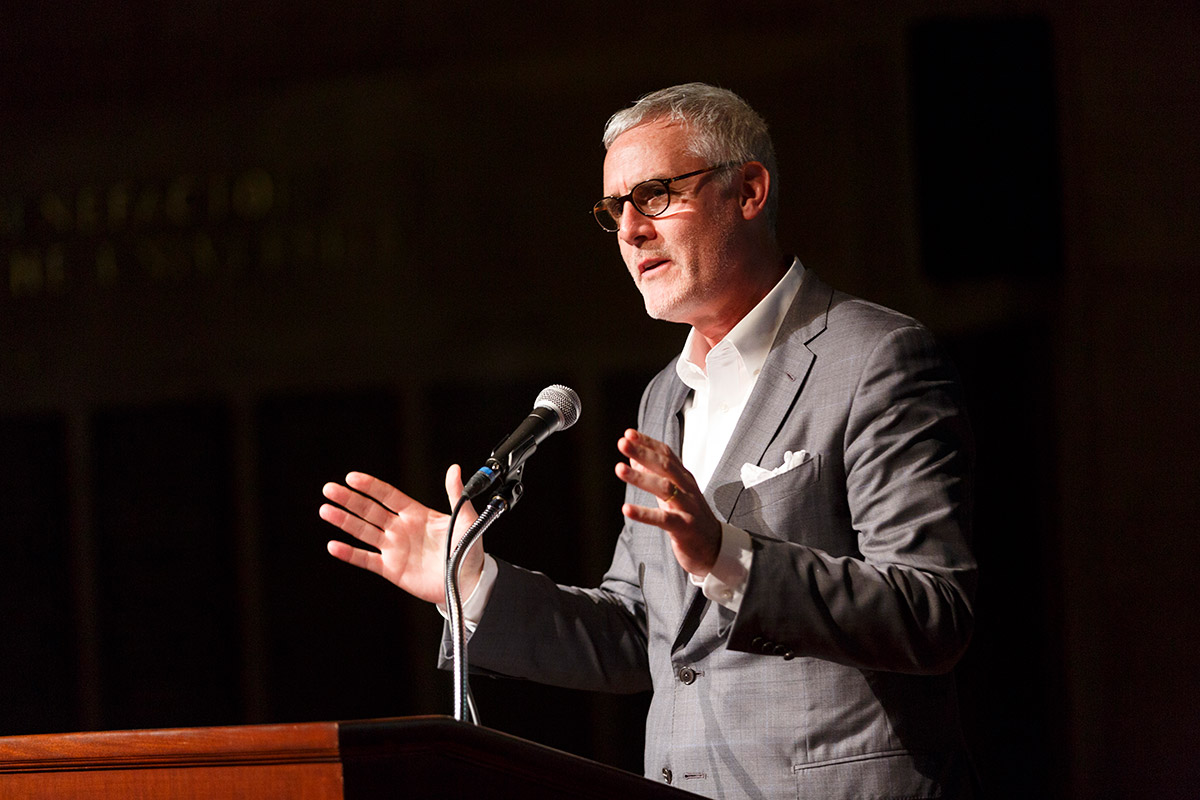In a letter published in the January 15th issue of Science, Peter T. Coleman, Professor of Psychology & Education, asserts that “piecemeal” tactics will be insufficient to reverse “a 50-year trajectory of runaway division” that have led to toxic polarization in the United States.

Peter T. Coleman, Professor of Psychology & Education (Photo: Jonathan Heisler)
Coleman, who directs TC’s Morton Deutsch International Center for Cooperation & Conflict Resolution, argues instead that deeply divided societies are most likely to transform “when leaders take office after a major political shock — like the COVID-19 pandemic or the 6 January storming of the Capitol by political extremists — has destabilized the status quo and lead in a way that differs dramatically from the leadership that instigated the divisions.” He adds that in societies where “distrust and suspicion reign,” new political strategies are more likely to succeed when introduced with “a public declaration of intention.”
Deeply divided societies are most likely to transform ‘when leaders take office after a major political shock has destabilized the status quo and lead in a way that differs dramatically from the leadership that instigated the divisions’.
—Peter T. Coleman, Professor of Psychology & Education
Calling for “a two-pronged strategy to defeat toxic division in America,” Coleman urges the Biden-Harris administration to launch “a listening tour during which they partner with local, trusted community groups to elicit grievances and proposed remedies” and to scale up the impact of “bridge-building groups across the United States” through federal funding, recognition, and coordination.
[Read the full text of Coleman’s letter in Science. Read a new journal article Coleman has co-authored on his Sustainable Peace Project, and visit the website for his forthcoming book, The Way Out: How to Overcome Toxic Polarization. ]

